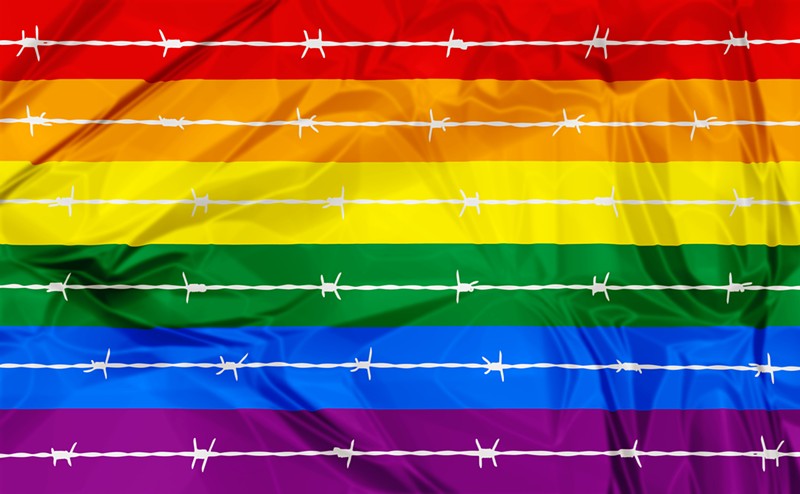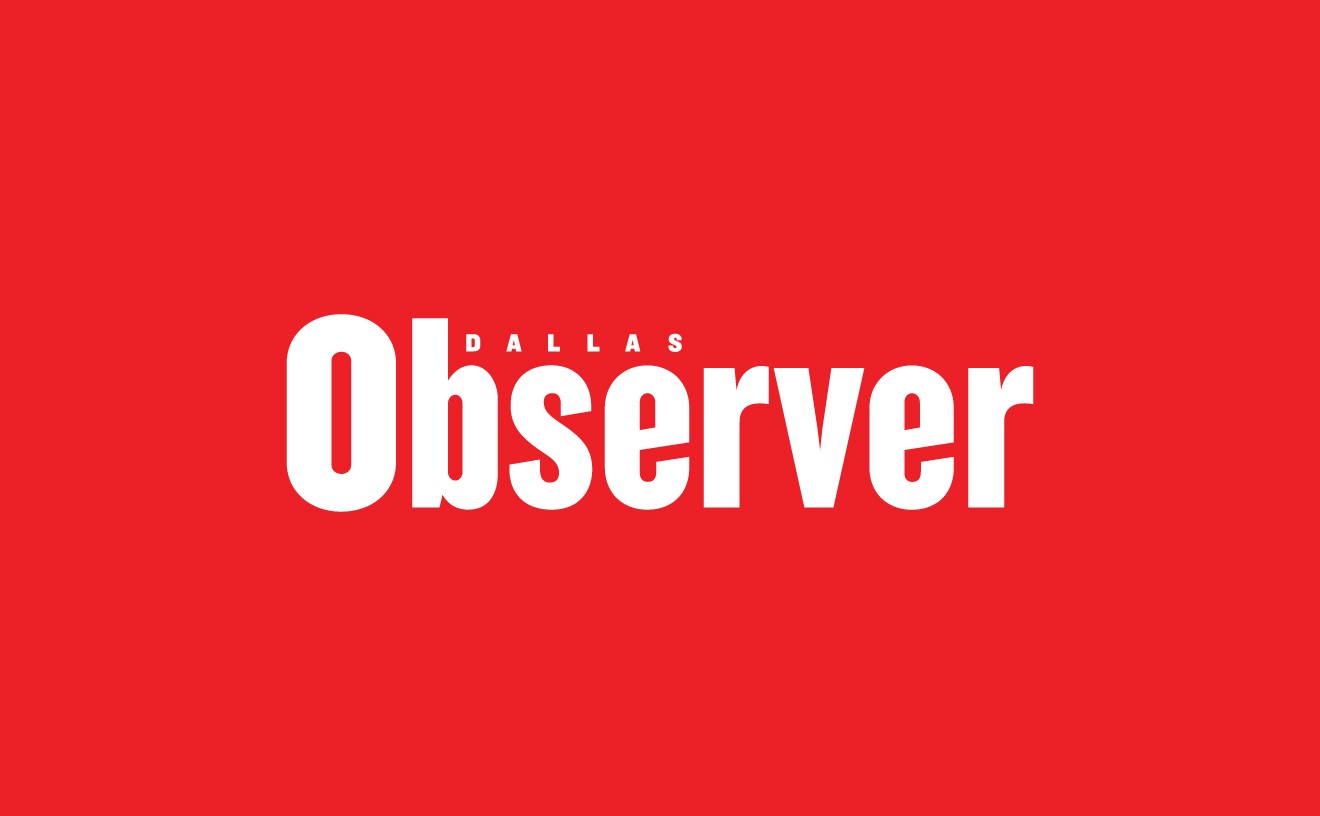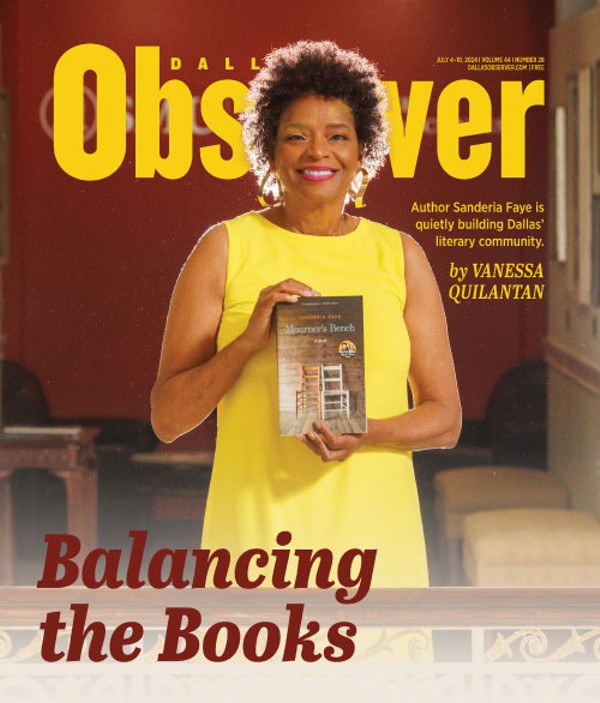In February, Bailey was awarded $100,000 after a federal judge ruled her suspension unconstitutional. On Monday, the U.S. Supreme Court echoed that judgment when it decided the Civil Rights Act protects gay and transgender people from workplace discrimination.
Bailey said she cried when she learned of the court’s ruling.
“I will feel the pain of what happened to me for the rest of my life,” she said. “But rulings like this really do support that I did the right thing by standing up.”
Bailey is one of countless LGBTQ+ people who have been discriminated against by their employers. Before Monday’s decision, 27 states — including Texas — allowed for workplace discrimination on the basis of sexual orientation or gender identity, according to LGBTQ advocacy website Freedom for All Americans.
Although her suspension was traumatic, Bailey said she hopes her case helped paved the way for the Supreme Court’s decision.
“It’s a huge step forward for our community and for society in general,” she said. “We have a ruling at the federal level that says we are respected, we deserve dignity and we deserve to be treated equally in the workplace. That’s huge.”
The Supreme Court’s decision hinged on Title VII of the 1964 Civil Rights Act, which states that employers cannot discriminate against workers on the basis of race, national origin, religion or sex.
Some employers’ advocates argue that, at the time the bill was drafted, it was intended to safeguard men or women from being discriminated against because of their sex. Justice Samuel Alito wrote in his dissenting opinion that the law wasn’t meant to include protections for sexual orientation or gender identity.
But it’s precisely because of their sex that gay, trans and gender-nonconforming people face workplace discrimination, said Janet Hendrick, a Dallas-based employment law attorney.
“The Supreme Court spoke, man." – LGBTQ activist George Ferrie
tweet this
Although Texas’ Legislature does not explicitly outline protections for LGBTQ people, Hendrick said many companies have inclusive policies because “it’s the right thing to do.” Still, change can be slow going for certain small businesses in the Bible Belt, she said.
Hendrick, who works closely with employment advocacy groups like the North Texas LGBT Chamber of Commerce, said she was pleasantly surprised by the Supreme Court’s decision.
“It’s literally like a rainbow sparked up from ashes in light of all the bad news recently,” Hendrick said. “So for this decision to come coinciding with Pride Month, it’s wonderful, uplifting news.”
The court’s decision also surprised Angela Hale, the senior advisor for political advocacy group Equality Texas. She didn’t have high hopes for the ruling, especially considering President Donald Trump’s two right-leaning Supreme Court justice appointees, Neil Gorsuch and Brett Kavanaugh. Gorsuch wrote the majority opinion. Kavanaugh and Justices Samuel Alito and Clarence Thomas were the minority in the 6-3 decision.
Had the justices ruled the other way, it would have dealt a serious blow to gay rights, Hale said. Although progress has been made, the decision only tackles workplace discrimination and does not address other areas like housing and public accommodations.
“This is another step on the march for progress,” Hale said. “The Supreme Court has brought us closer to equal justice, but we still have a long way to go.”
Some politicians have already begun pushing for more comprehensive nondiscrimination ordinances statewide. Earlier this month, state Rep. Jessica González introduced a bill that would include protections for LGBTQ people in employment, housing and accommodations, according to the Dallas Voice.
Dallas and Fort Worth are among the few Texas cities that have nondiscrimination ordinances to provide gay and transgender people with some protections. By contrast, the city of Denton has not yet passed a similar ordinance, said LGBTQ activist George Ferrie.
Ferrie, who is running for the Denton’s District 1 council seat, said he hopes the Supreme Court’s decision will encourage council members to pass protections for housing and public accommodations.
“The Supreme Court spoke, man. It’s time to show up. And if you’re not going to show up you need to go home,” Ferrie said. “It’s time for y’all to carry it across the finish line.”
Bailey agrees that while the decision is a step in the right direction, more work remains. The Supreme Court’s ruling doesn’t erase decades of prejudice against LGBTQ Texans, she said.
Now, city and school district officials should follow the court’s lead by incorporating comprehensive protections, Bailey said. Only then will queer Texans feel fully supported by their communities.
“I would hope in my heart that no other teacher will have to face the harassment or the discrimination that I faced,” she said. “But today with the court’s ruling, it seems like maybe it’s not just going to be hope. Maybe it can actually be a reality.”












